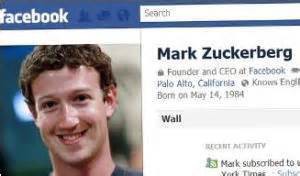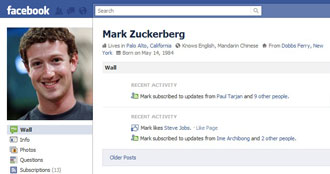 Using social media to market products might end up being illegal, according to a German court.
Using social media to market products might end up being illegal, according to a German court.
The German courts have looked dimly on a feature that encourages Amazon customers to share links to products of the online shop with their contacts. The Amazon “share” feature invites customers to share a product via e-mail, Facebook, Twitter or Pintrest and really it could be part of any consumer marketing operation.
The court said that sharing by e-mail without approval of the recipient was illegal. It is “unsolicited advertising and unreasonable harassment,” the regional court in Hamm said, confirming the ruling of a lower court in Arnsberg.
The case was brought against one of Amazon’s resellers by a competitor.
The ruling comes after Germany’s highest court ruled earlier this month that a similar feature that encourages Facebook users to market the social media network to their contacts as unlawful.
At the time, the Federation of German Consumer Organisations (VZBV), which brought the Facebook case to court, had said the ruling would have implications for other services in Germany which use similar forms of advertising.














